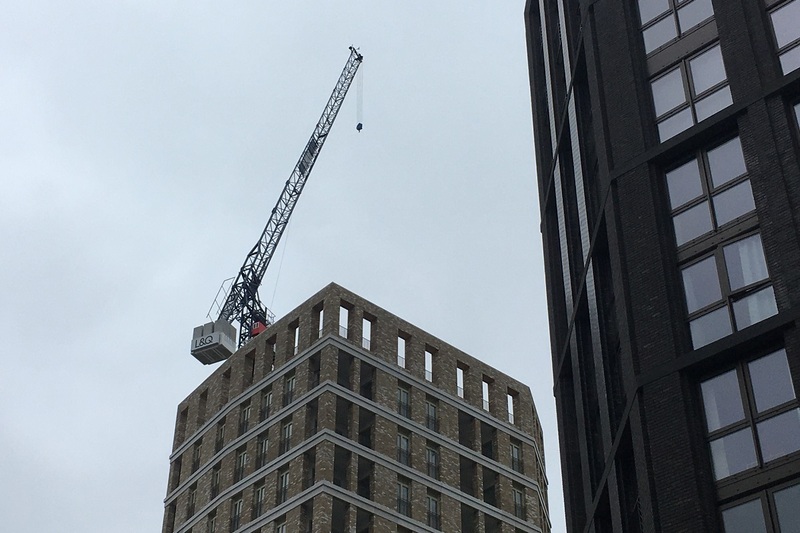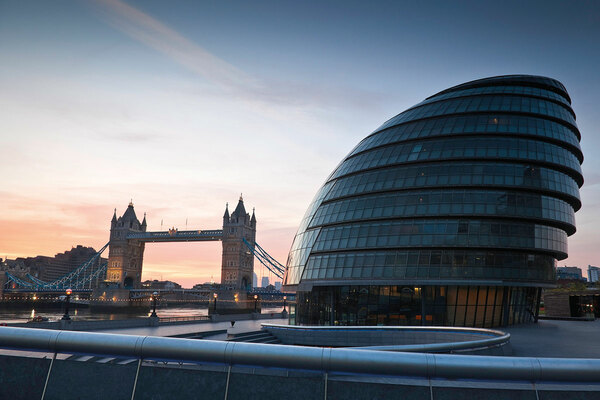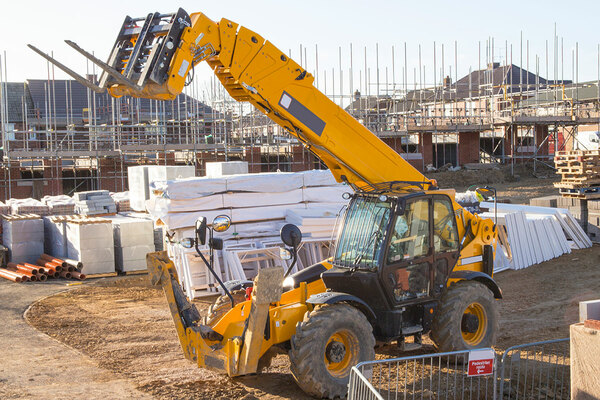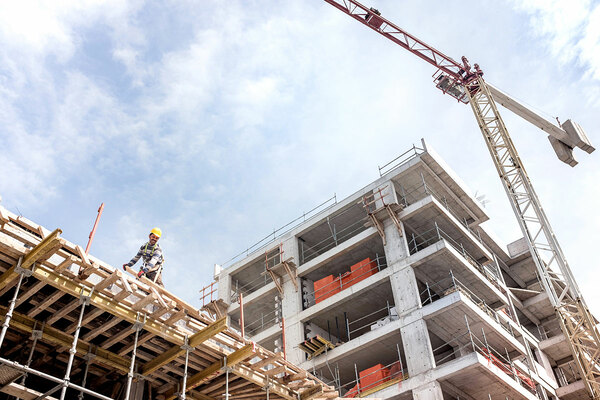You are viewing 1 of your 1 free articles
Housing association spend on development 30% below forecasts in first quarter
Housing association spend on development was 30% below forecasts in England between April and June amid ongoing pandemic-related delays and material shortages, the Regulator of Social Housing (RSH) has said.
The regulator’s first quarterly survey of 2020/21 found that providers with more than 1,000 homes had invested £3.1bn in new build during the three months to 30 June.
That represents an 11% increase on the previous quarter and is 68% higher than the same period in 2020 – when the first coronavirus-induced lockdown was imposed – but was well below the £4.4bn forecast.
A report on the survey findings by the RSH said: “Many providers are still reporting ongoing delays from the pandemic, shortages of materials and labour in the construction sector, as well as escalating prices affecting lead times.
“Several providers have also stated issues relating to Section 106 property negotiations and the phasing of grant receipts. This has resulted in the re-profiling of development schemes.”
Almost a quarter of the spending shortfall was from seven housing associations mainly based in London and the South East, it added.
The 209 housing associations which responded to the survey expect to spend £17.5bn on development in the year to 30 June 2022, compared with the £11.6bn spent in the previous year and higher than pre-pandemic levels.
The RSH uses the quarterly survey as a financial health check of housing associations in England, with a particular focus on liquidity.
It said the latest responses indicate the sector is in a “good position to recover from the impact of the pandemic” with “strong” aggregate liquidity.
Organisations surveyed had total cash and undrawn facilities of £34.5bn at the end of June, enough to cover their £23.2bn spending on interest, loan repayments and development over the next year.
All are “taking appropriate action to secure sufficient funding well in advance of need”, the RSH said.
New finance worth £2.4bn was agreed during the quarter, with 78% from capital markets.
The survey recorded the highest ever first-quarter spend on capitalised major repairs at £459m – but, again, that figure was below forecasts.
Capitalised repairs and maintenance spend is predicted to reach £2.9bn over the next 12 months, compared with £1.8bn during the past year.
Rent collection rates were “slightly lower” than in the previous quarter, the regulator said, but that is “consistent with seasonal trends”.
Void losses “remain at historically high levels” amid pandemic-related backlogs, with the mean figure staying at 2.2% from June 2020, compared with 1.9% in June 2019.
Some 54 associations “have stated that levels of income collection are outside of business plan assumptions”, the regulator said, with 85% of these reporting voids “as being one of the areas that is out of target” and supported housing providers particularly affected.
Asset sales of £1.7bn were completed during the three-month period covered, down 11% on the previous quarter – when they hit record levels due to the stamp duty holiday.
But the sales figure was still 9% higher than forecast with higher-than-expected Right to Buy sales and shared ownership staircasing as the tax break deadline approached.
The number of affordable homeownership properties still held by housing associations having been unsold for more than six months increased by 3% between April and June, while the number of unsold market sale homes fell 15%.
Will Perry, director of strategy at the RSH, said: “The social housing sector is in a good position to recover from the impact of the coronavirus pandemic.
“Providers will need to remain alert and ready to respond to further changes in the operating and economic environment.
“They will need to closely monitor and update their forecasts as the economy reopens and be flexible so that they can effectively manage any increasing risks.”
Sign up for our legal and regulation newsletter
Already have an account? Click here to manage your newsletters
Sign up for our development and finance newsletter
Already have an account? Click here to manage your newsletters













